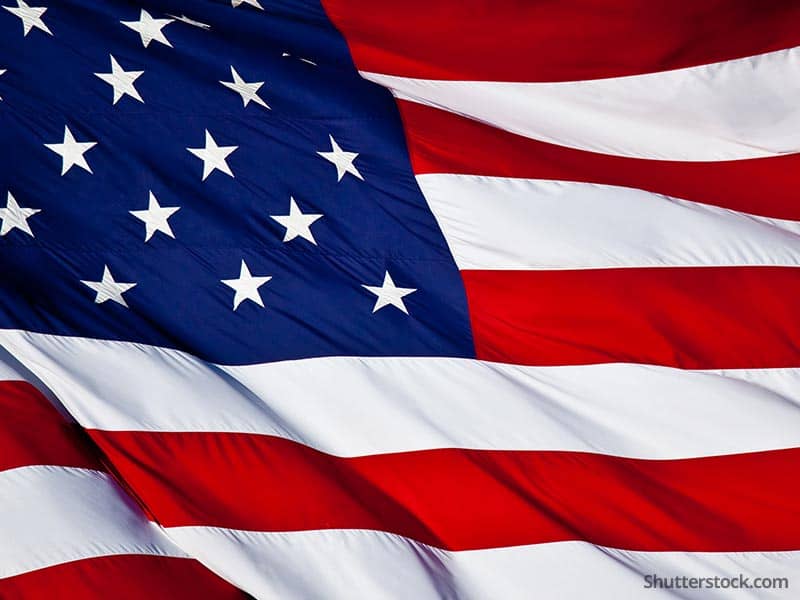And beyond the sexuality questions that have polarized most Christian denominations, the 3.5 million-member church will be asked if it can accommodate the views of progressives and conservatives who want to move the nation's largest Presbyterian body in entirely different directions.
Neither faction foresees a permanent split at the Long Beach Convention Center. But they agree a vote on same-sex unions may have long-term ripple effects in the church. Others are simply holding their breath.
"My own conviction is that the things that unite us are far more powerful than the things that divide us, and theologically there are no irreconcilable differences within the life of the church," said the Rev. Clifton Kirkpatrick, who as "stated clerk" is the highest elected official in the church.
Presbyterians are the second major Protestant denomination to tackle the issue of homosexuality this summer. In May, the United Methodist Church upheld its ban on gay ordination and same-sex ceremonies, and next month the Episcopal Church will wrestle with the issue.
Adding to the volatility of the issue is a planned protest by Soulforce, a Christian gay rights group that last month led more than 200 protesters to be arrested at the Methodist meeting. Soulforce protesters are planning to be arrested by symbolically blocking exits of the convention center.
Delegates will face at least three votes on whether the church should prohibit same-sex union ceremonies. A similar attempt failed in 1995 after a majority of the church's regional presbyteries failed to pass the measure.
The most influential factor, however, may be a ruling last month by the church's highest court which gave the church's position on homosexuality a dramatic jolt. Because the church does not explicitly ban same-sex unions, the court said clergy are free to perform them, as long as they are not equated with marriage in any legal or spiritual sense.
That ruling has galvanized both sides of the debate, with supporters heralding it as a victory for gays and lesbians, and opponents saying it will force the church to more clearly define its positions.
The church's Book of Order is largely silent on the issue of homosexuality, only calling for "fidelity in marriage and chastity in singleness" for church officers. A church "policy" adopted in 1978 calls for acceptance of homosexuals, but says homosexual acts are "not in accord with God's wish for humanity."
Some say because the court would not take a stronger position on the gay issue, church delegates will have to do it themselves.
"What the court is doing is arguing from silence," said the Rev. Parker Williamson, executive editor of the Presbyterian Layman newspaper and a leader of the church's conservative wing. "Since they did not draw the proper inference, we're going to have to draw it for them."
At last year's meeting, the church voted for a two-year moratorium on the issue of gay ordination. This year's General Assembly is likely to honor that moratorium, but the issue could come up.
"It would be nice to hear an encouraging word, but I don't think we're going to hear it, at least in an official action," Anderson said.
A proposal from churches in Pennsylvania argues the denomination has arrived at a "irreconcilable impasse" and would allow liberal congregations to leave the denomination with their property. While few expect the issue to pass, many say the proposal raises significant questions for the church.
The Rev. John Mulder, president of the church-affiliated Louisville Seminary, has conducted extensive studies of the issues facing the church, including homosexuality. While opinion is split on social issues, Mulder said Presbyterians are largely united on theological grounds, and that will hold the church together.
"I'm convinced that the continuities in American Presbyterianism will be very strong, but there will always be hot button issues that will disguise the underlying unity in the church," Mulder said.
Other issues that will be discussed at the 212th General Assembly include:

